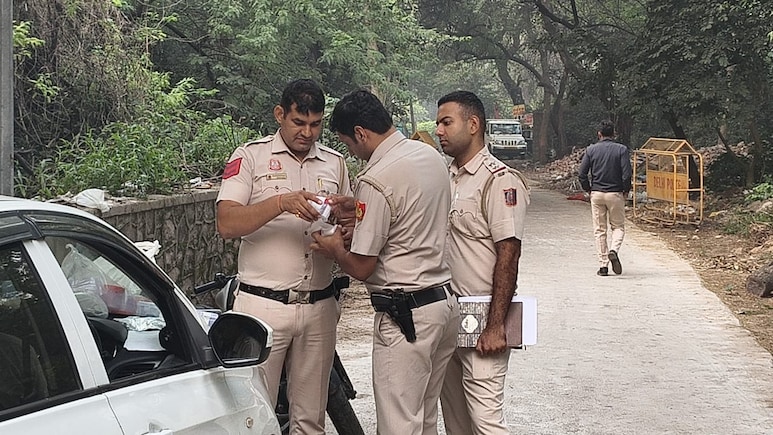
In one of the biggest and most coordinated pan-India operations against a transnational narcotics network, the Delhi Crime Branch, acting as the nodal agency, successfully cracked down on an extensive drug and hawala racket.
The operation, which involved months of intelligence gathering, culminated with the arrest of 50 Nigerian nationals in Delhi. This massive effort was executed in close collaboration with the Telangana Police's Elite Action Group for Drug Law Enforcement, along with police teams from Noida, Vizag, and Gwalior.
The scale of the multi-agency coordination was unprecedented. The Telangana EAGLE force dispatched a contingent of 120 personnel to Delhi, who travelled in two dedicated railway bogies.They stayed in Delhi for several weeks to assist with developing the intelligence, surveillance and raids.
The investigation successfully dismantled several layers of the syndicate, which had spread its tentacles from Delhi to major cities including Hyderabad, Bengaluru, Goa, and Kerala, supplying high-value synthetic drugs like Methamphetamine and Cocaine.
A major breakthrough revealed the shocking extent of the network's customer base.
Investigators have identified approximately 2,000 individuals who were supplied drugs through courier and dead-drop methods.
The syndicate was highly sophisticated, utilising encrypted communication channels and methods mimicking food delivery apps to execute "dead drops" to avoid direct detection.
Furthermore, the authorities uncovered that the sex trade was used as a cover for drug supply and distribution, extending the criminal reach of the cartel.
The financial investigation also led to significant findings. The proceeds from drug sales were funnelled through local hawala operators who converted the Indian Rupees into goods such as garments and human hair, shipped to Lagos, Nigeria, effectively cleaning the illicit earnings.
Police sources indicated that the kingpin, who is now reportedly identifiable, has alone laundered an estimated Rs 15 crore through these sophisticated hawala channels.
The recent arrest of 50 Nigerian nationals marked a pivotal moment in multi-agency efforts to root out these persistent drug cartels.
The authorities have stressed that targeting these specific hawala channels and strengthening verification processes for foreign residents is paramount to combating the persistent drug menace and preventing previous deportees from exploiting gaps in the visa and passport systems to re-enter the country.

